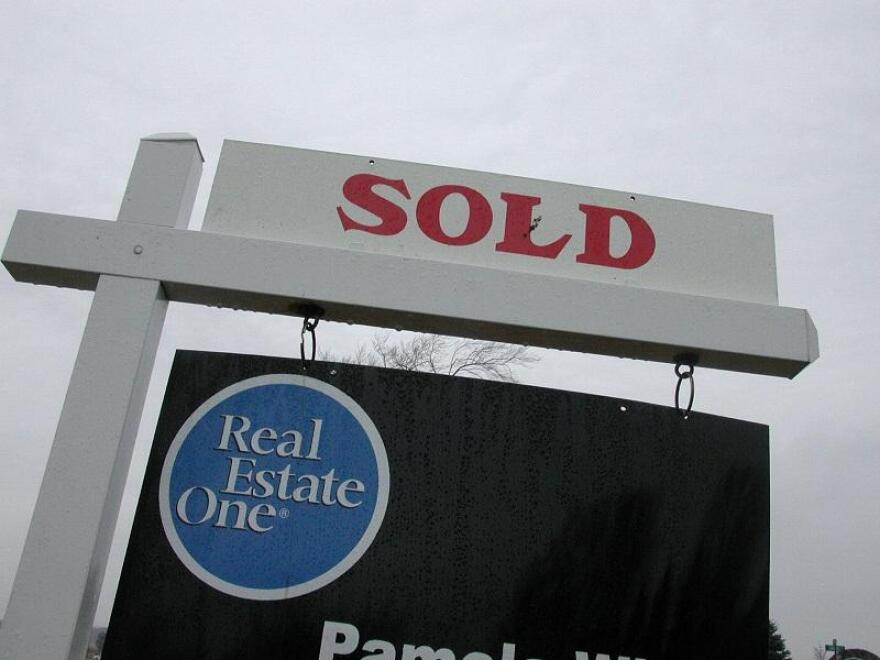The Black homeownership rate is significantly behind the white homeownership rate in Michigan and across the United States, according to a National Association of Realtors report released last week.
The association's 2025 Snapshot of Race and Home Buying in America report found that the gap between homeownership rates among Black and white populations in Michigan is 31%. The nationwide gap has grown from 27% in 2013 to 28% in 2023.
The realtors association said in the report that the homeownership rate is influenced by factors like demographic trends in the state, particularly age, in addition to affordability and access to credit. The report states that Black and Hispanic people face significantly higher rates of mortgage denial.
Home buying is also linked to personal financial circumstances, local housing market conditions, and broader economic trends, according to the report.
The Michigan housing market is facing increases in home prices. In February 2025, the number of homes sold was down 5.3% year over year and the median sale price was up 6% year over year.
Tonya Coon, director of homeownership at the Michigan State Housing Development Authority, told Michigan Public that home prices have increased in recent years, pricing out some potential home buyers.
“Back in 2009, the average purchase price for homes in Michigan was $100,000. If you look at the average sales price for homes in Michigan last year, it was around that $300,000 mark,” Coon said. “So home values and purchase prices have increased over 300% during that timeframe, which makes it difficult for individuals to actually get into new homes.”
The Black homeownership rate (48%) in Michigan is substantially lower than the state's white (79%), Asian (65%), and Hispanic (63%) homeownership rates, according to the snapshot report.
The report found that the majority of home buyers identify as white or Caucasian, while only 7% identify as Black or African American, 6% identify as Hispanic or Latino, and 4% identify as Asian or Pacific Islander. Home buyer demographic trends were based on the 2024 Profile of Home Buyers and Sellers data.
While non-white groups were less likely to buy a home, Black, Hispanic, Asian, and other non-white buyers made up the majority of first-time homebuyers.
“Non-White home buyers are more likely to be first-time buyers, underscoring the importance of changing demographics and the age of local populations, which will increase non-White homeownership over time," Jessica Lautz, the deputy chief economist and a vice president with the National Association of Realtors, wrote in a press release.
Racial and ethnic minorities in the U.S., particularly Black and Hispanic families, have faced greater hurdles in buying and keeping their homes for decades, according to the report. Elevated mortgage rates and rising home prices in Michigan are also increasingly making it difficult for first-time buyers to purchase homes.
Single women are making up a growing share of home buyers. The 2024 Profile of Home Buyers and Sellers found that 20% of homebuyers were single women. In comparison, 8% of homebuyers were single men in the same year.
There are programs available to some Michigan homebuyers that aim to make the cost of homebuying more accessible. The Michigan State Housing Development Authority offers down payment assistance to first-generation homebuyers and offers housing counseling services to help educate people on the benefits and risks of homeownership.
Coon spoke about some of these services, which are eligible to homebuyers who meet income and purchase price parameters, but also mentioned that potential homebuyers have access to other supportive programs.
“Nowadays, there's just multiple different options for home buyers out there … there's different counties that offer down payment assistance,” Coon said. “You are seeing more employers that are starting to offer employer-assisted housing programs.”






